In the summer of 2015, three-year-old Ava began complaining of lower back pain. After being sent home from daycare on several occasions and multiple inconclusive trips to the pediatrician, Ava’s mother, Julie knew that something had to be wrong. One Sunday after Ava began crying and complaining about her back, Julie took her to the emergency room. An ultrasound immediately revealed what the technician said was, “something that shouldn’t be there.”
That something turned out to be a tumor the size of a man’s fist on Ava’s right adrenal gland. After waiting anxiously for several days for biopsy results, the doctor came back with a diagnosis of stage three, high-risk neuroblastoma.
“I fell apart,” Julie recalls. “The idea of cancer never entered my mind. I always thought of cancer as something that old people get, not kids.”
Ava’s treatment plan was overwhelming: chemotherapy to shrink the tumor followed by surgery to remove the remainder of the tumor along with the adrenal gland to which it was attached. This was to be followed by more chemotherapy, two stem cell transplants, radiation, and finally, immunotherapy.
“We were so thankful that the tumor responded to the chemo and the doctors were able to remove it before it invaded any of Ava’s other organs,” Julie said.
Ava lost her hair and became thin but never really minded being bald. Her mother says that Ava took everything in stride and always had a good attitude. She remembers the stem cell transplants as the worst part of the treatment.
“Ava was so sick each time and the room would start to feel like a prison,” she said.
Ava completed her treatment in October 2016. Now five years old, she will start kindergarten in the fall. She gets scans regularly and is enrolled in a clinical trial designed to prevent relapse.
“Ava will never truly be free from cancer,” Julie says. “The treatment they gave her to kill the neuroblastoma has affected her teeth and could have affected her body in many other ways that we won’t know about until she gets older.”
But for now, Ava gets to be a kid again and return to her favorite pursuits: singing, dancing, and all things creative. She plans on becoming a ballerina when she grows up. Through this experience, her family has learned just how precious life is.
“We are so fortunate,” Julie says. “We saw other parents lose their children to this disease. We have always enjoyed spending time together as a family, but cancer showed us how fragile life is and now we make each moment count because of it.”



